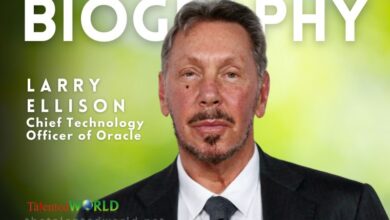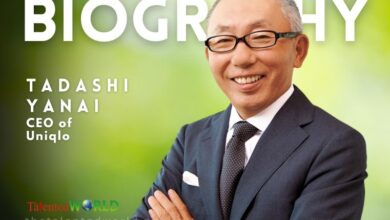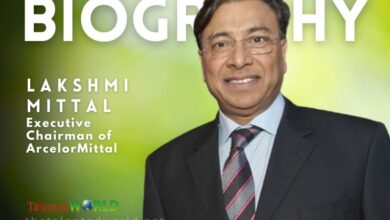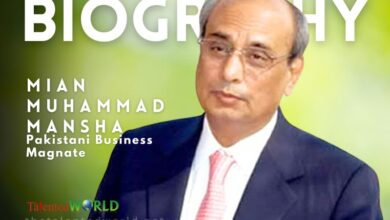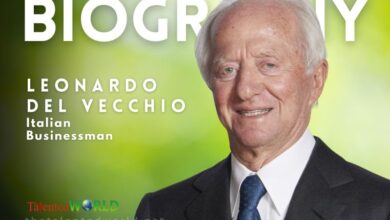Quick Facts
| Paul Allen | |
|---|---|
| Full Name | Paul Gardner Allen |
| Birth | January 21, 1953, Seattle, Washington, U.S. |
| Death | October 15, 2018 (aged 65), Seattle, Washington, U.S. |
| Education | Washington State University (dropped out) |
| Occupations | Entrepreneur, investor, philanthropist, programmer, researcher, film producer, sports executive |
| Years Active | 1972–2018 |
| Known For | Co-founding Microsoft with Bill Gates, Pioneer of the personal computer revolution |
| Relatives | Jody Allen (sister) |
| Website | paulallen.com |
| Net Worth at Death | $20.3 billion (Forbes) |
| Health Issues | Hodgkin lymphoma (diagnosed in early 1983), non-Hodgkin lymphoma (diagnosed in 2009) |
| Major Companies Founded | Microsoft, Vulcan Inc., Allen Institutes for Brain Science, Artificial Intelligence, and Cell Science, Stratolaunch Systems, Apex Learning |
| Sports Teams Owned | Seattle Seahawks (NFL), Portland Trail Blazers (NBA), part-owner of Seattle Sounders FC (MLS) |
| Achievements in Sports | Under Allen, the Seahawks won Super Bowl XLVIII and made it to two other Super Bowls (XL and XLIX) |
| Philanthropy | Donated more than $2 billion to education, wildlife and environmental conservation, the arts, healthcare, and community services |
| Space Exploration | Funded the first crewed private spaceplane, SpaceShipOne, in 2004 |
| Honors and Awards | Listed among the Time 100 Most Influential People in the World in 2007 and 2008 |
| Cause of Death | Septic shock related to cancer |
| Posthumous Achievement | Stratolaunch, the largest aircraft in history by wingspan, first flew in April 2019 |
Paul Allen Net Worth
Paul Allen’s net worth is approximately $20 billion.

